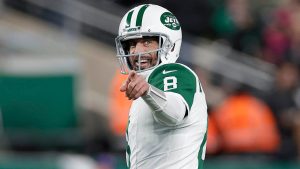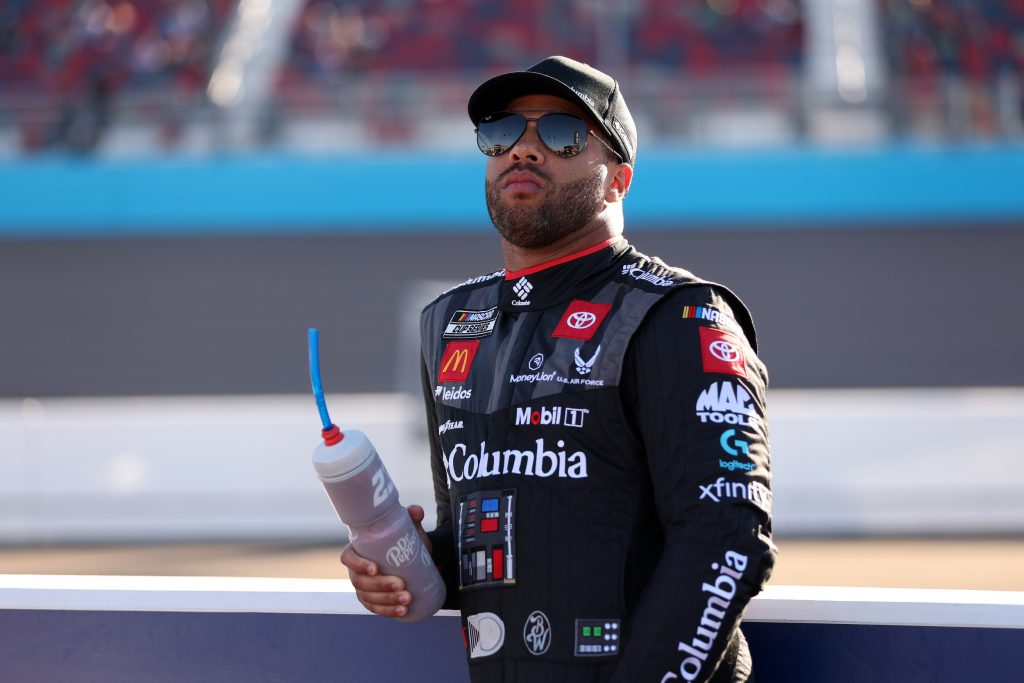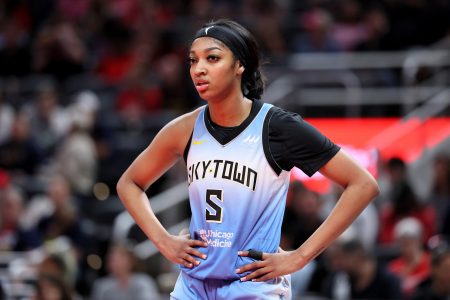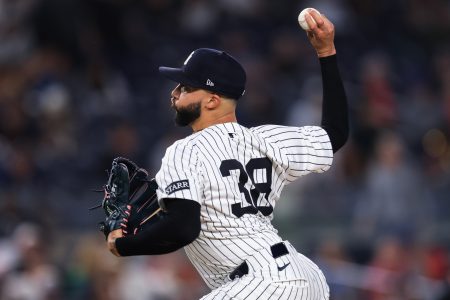The racing world has been closely following the legal battle between NASCAR and two of its teams, 23XI Racing and Front Row Motorsports, culminating in a significant court victory for the latter. The heart of the dispute revolved around the acquisition of charters, essentially licenses guaranteeing entry into NASCAR races, from the now-defunct Stewart-Haas Racing. A U.S. District Court granted a preliminary injunction compelling NASCAR to facilitate the charter sale, ensuring both 23XI Racing and Front Row Motorsports can participate as chartered entities in the 2025 season. This decision, a reversal of an earlier denial, came after the presentation of new evidence emphasizing the urgent need for charters to solidify sponsorship deals and retain key drivers.
Bubba Wallace, star driver for 23XI Racing, emerged as a pivotal figure in the legal proceedings. His declaration that he would seek opportunities with other teams if 23XI Racing failed to secure a chartered car for him by 2025 proved crucial in swaying the court’s decision. This ultimatum, coupled with similar stipulations in other driver contracts, highlighted the “imminent harm” faced by the teams and underscored the industry-wide significance of chartered status. The court acknowledged the contractual obligations binding teams to provide chartered cars for their drivers, recognizing the potential disruption and competitive disadvantage teams would face if they were unable to meet these obligations. Wallace’s stance, along with the contractual demands of other drivers like Riley Herbst and Noah Gragson, painted a clear picture of the precarious position teams found themselves in without guaranteed race participation.
The legal battle extends beyond the immediate concern of securing charters for the 2025 season. This case forms part of a larger antitrust lawsuit brought against NASCAR by 23XI Racing and Front Row Motorsports, alleging monopolistic practices within the charter system. The teams argue that NASCAR’s control over charters creates an uneven playing field and restricts competition. The preliminary injunction, while a significant victory for the teams, represents just one step in this broader legal challenge. The ongoing lawsuit could involve extensive discovery, depositions, and scrutiny of financial records, unless a settlement is reached between the parties. This broader context highlights the significant implications of the charter system and its potential impact on the competitive landscape of NASCAR.
The urgency surrounding charter acquisition stemmed from several factors, including the need to appease sponsors who increasingly demand chartered status as a prerequisite for partnership. Sponsors seek the stability and guaranteed race participation that charters offer, ensuring their brands receive consistent exposure. This reliance on chartered status puts pressure on teams to secure these licenses, making them a vital component of team operations and financial stability. The testimony and affidavits provided by team executives, such as Joe Custer of Stewart-Haas and Jerry Freeze of Front Row, further substantiated the critical role charters play in maintaining sponsor relationships and securing future funding.
The retention of high-performing drivers like Bubba Wallace and Tyler Reddick is paramount for 23XI Racing’s continued success. Reddick’s impressive 2024 season, culminating in a Championship 4 appearance, demonstrates the value of top-tier talent. Chartered status plays a significant role in attracting and retaining such drivers, as it guarantees their participation in all races and provides a platform for consistent performance. The court recognized this connection, noting that the uncertainty surrounding charter acquisition threatened the stability of driver lineups and jeopardized teams’ competitive prospects.
The preliminary injunction provides immediate relief for 23XI Racing and Front Row Motorsports, allowing them to operate as chartered teams for the 2025 season. This ensures their continued participation in NASCAR races, safeguards sponsor relationships, and allows them to fulfill their contractual obligations to their drivers. While this injunction offers a temporary solution, the underlying antitrust lawsuit remains a significant point of contention between NASCAR and the teams. The outcome of this larger legal battle will likely shape the future of the charter system and potentially reshape the competitive dynamics of NASCAR racing. The court’s decision underscores the importance of charters in the modern NASCAR landscape, highlighting their crucial role in team operations, driver retention, and sponsor relations.










